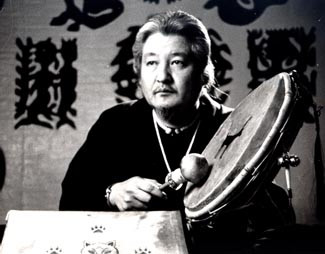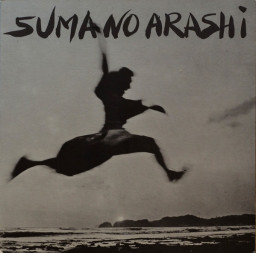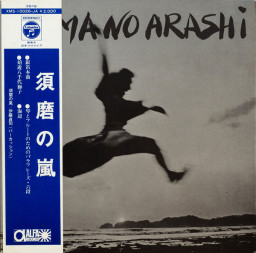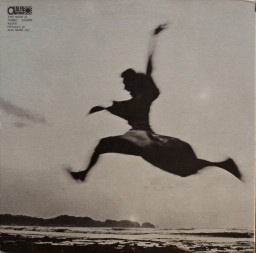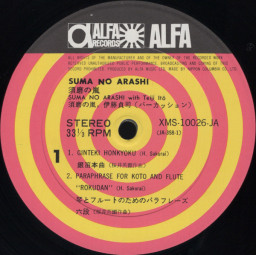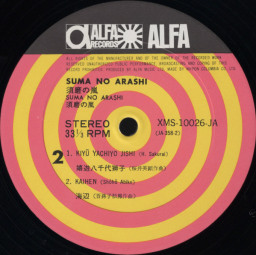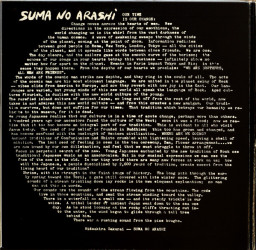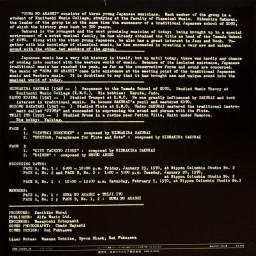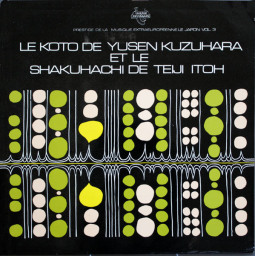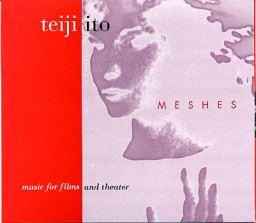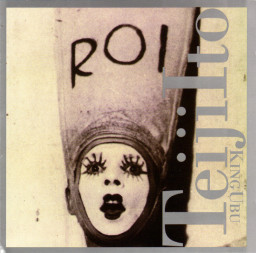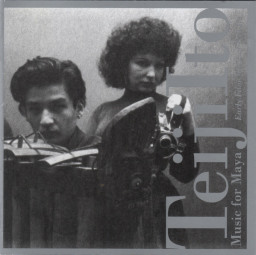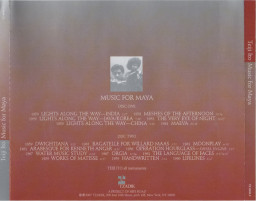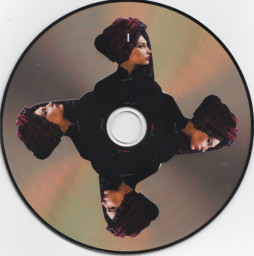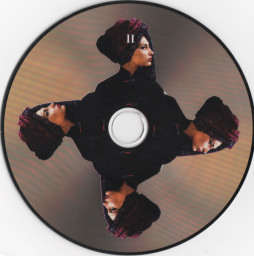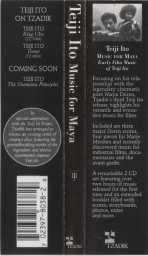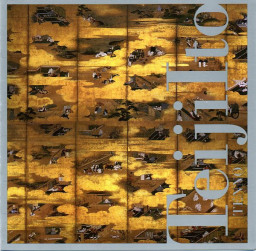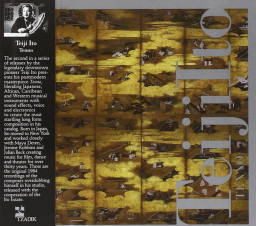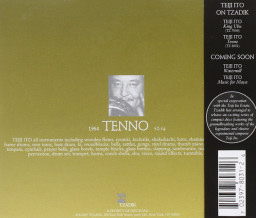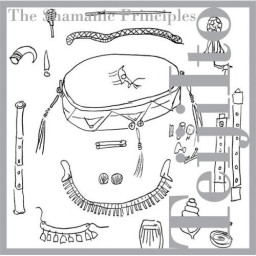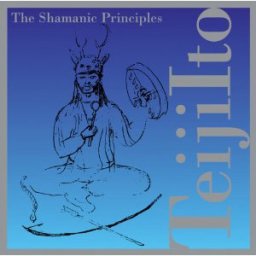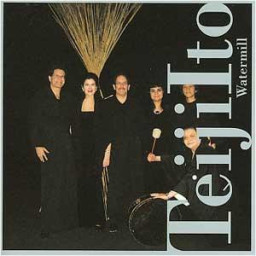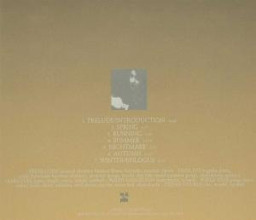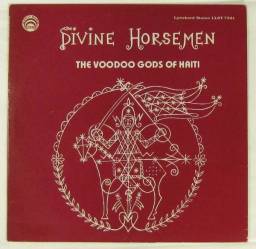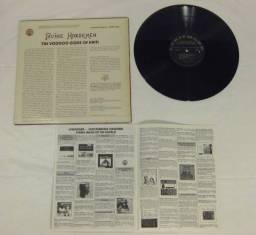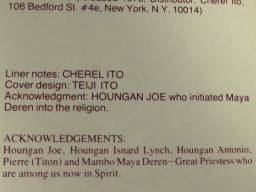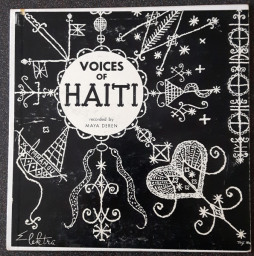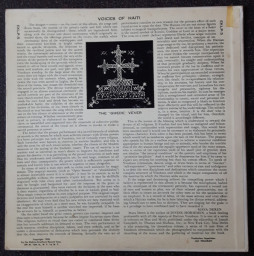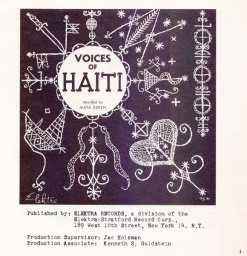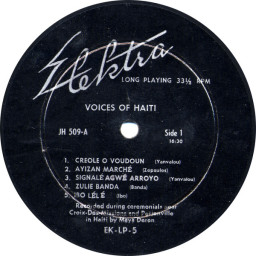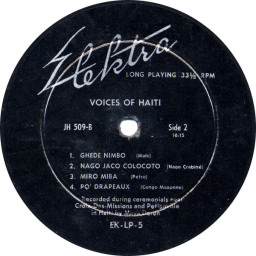|
|
| Label: |
Tzadik |
| Catalog#: |
TZ 8031 |
| Format: |
CD
|
| Country: |
US |
| Released: |
2007 |
| Genre: |
Folk, World, & Country, Rock, Stage &
Screen |
| Style: |
Score, Avantgarde |
| Credits: |
Mastered By - Scott Hull (2)
Performer, Composed By,0 Producer, Recorded By - Teiji Ito |
| Notes: |
Recorded in 1964. |
|
|
|
- Design – Heung-Heung Chin
- Executive-Producer [Associate] – Kazunori Sugiyama, Steve Peters
- Executive-Producer, Liner Notes – John Zorn
- Instruments, Flute [Wooden], Ryuteki, Flute [Hichiriki], Shakuhachi, Koto, Shamisen, Taiko, Percussion [Tsutsumi], Frame Drum, Bass Drum, Performer [Ki], Wood Block, Bells, Rattle, Gong, Steel Drums, Kalimba [Thumb Piano], Marimba, Drum [Log Drum], Timpani, Cymbal, Bells [Prayer], Performer [Glass Bowls], Temple Block, Performer [Glass Bottles], Handclaps [Hand Claps], Tambourine, Maracas, Shaker, Performer [Sticks], Percussion, Drums [Drum Set], Trumpet, Horns, Conch [Shells], Sho, Voice, Effects [Sound], Turntables, Electronics, Composed By, Performer, Producer, Recorded By – Teiji Ito
- Mastered By – Scott Hull (2)
Tracklisting:
| 1 |
|
I (4:43) |
| 2 |
|
II (11:57) |
| 3 |
|
III (12:03) |
| 4 |
|
IV (7:23) |
| 5 |
|
V (6:31) |
| 6 |
|
VI (9:35) |
Previously unreleased music made for a film by Asuka productions/Tokyo
about the emporor of Japan.
Music composed, performed, produced and recorded in NYC, 1964.
"Tenno" runs continuously—IDs are placed for convenience only.
Special thanks to Tavio Ito, Guy Klucevsek, Catrina Neiman, Cherel Ito. |
